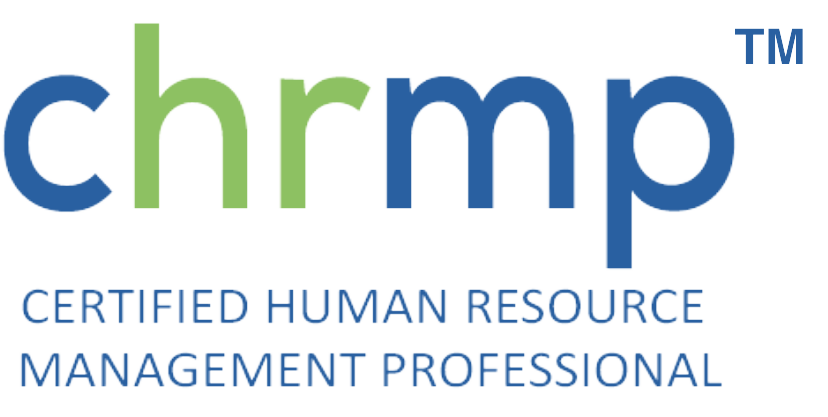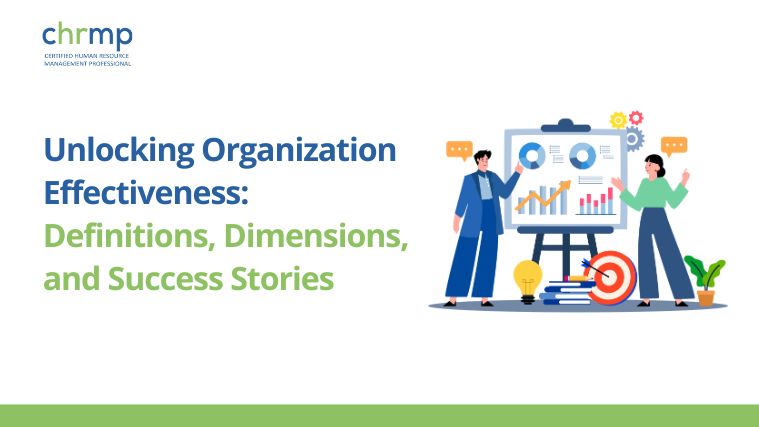HR Metrics is proving to be a boon to the organizations. Hence, how to get started for it in any organization is a matter of great significance.
For having a better understanding of this blog, please go through the following blog, which, we have published earlier.
HR Metrics :Meaning And Importance
1.0 Contents of this blog
We will discuss the following, in this blog.
- Why do you need HR Metrics in your organization?
- Features of a good HR Metrics system.
- Three questions which you should ask before considering HR Metrics.
- How to get started for HR Metrics?
2.0 Why do you need HR Metrics system in your organization?
The author furnishes below some credible reasons , as to why do you need to have an adequately designed HR Metrics system in your organization.
2.1 Avoid getting caught off guard with respect to new emerging necessities of your organization
HR Metrics helps us to understand what is currently happening, and what we are required to do in future, to keep the business afloat. Strengthening the potentially good aspects and mitigating the weak spots, is the key to continuous improvement in any business. It helps us in this mission.
2.2 Choosing right people and future leaders
Predictive analysis helps us in choosing the right people and also identifying the future leaders.
2.3 Improving retention
HR Metrics will help in understanding why some employees leave and why others prefer to stay back.
2.4 A dominant HR division influencing the business goals of the organizations
HR metrics may help human resource professionals to play a dominant role in influencing the business of the organization. They may accomplish it by the following.
- Conveying the reasons for the turnover rate of the employees in the organization.
- Coming up with new ways to improve Return on Investment on employees.
2.5 Helping top management in making better decisions
HR Metrics may help top management by providing better insights of business. This in turn, may aid in making better decisions.
3.0 Features of a good HR Metrics system
A good HR Metrics system should have the following features:
- It should be capable of visual presentation of huge amount of HR data. Hence, it must have an advanced visualization software attached to the analytics system
- There should be provision for four kinds of Analytics, viz., Descriptive, Diagnostic, Predictive and Prescriptive in the system.
- However, it is the opinion of the author that having predictive analytics is the most important.
- It should also include machine Learning technology and a robust tool for statistical analysis.
- The system should be easily understandable by the common employee
- It should help in meeting business needs of the organization, for which we are planning to procure it.
4.0 Three questions you should ask to yourself, before choosing or considering HR Metrics for your organization
You must ask following three questions to yourself, before considering or choosing HR Metrics for your organization.
- Why do you want HR Metrics ?
- What do you want in HR Metrics ?
- How do you want to implement HR Metrics ?
An answer to these three questions may help you to assess the hr metrics capabilities of your organization.
4.1 Why do you want HR Metrics?
If you have an organization with a large number of employees, it may be difficult to handle big HR data. In that case, HR Metrics may help you in data-drive decisions to attract, manage and retain employees, which includes improving the Return On Investment.
With conventional methods of data analysis, this is difficult to achieve. For small and medium sized organizations also, HR Metrics is equally useful. Some of the ways by which it may help them are as follows:
- Measurement of effectiveness of their learning & development programs-Identification of trends in their workplace and migration of employees.
- Improving business strategies through optimizing recruitment methodology, employee turnover and retention
- Boosting the experience of employees.
4.2 What do you want in HR Metrics ?
The answer to this question will define the specific requirements of your organization for HR Metrics.
We must bear it in mind that HR Metrics, which focuses on assessing only HR functions through score-cards have only a moderate impact on business outcomes.
However, predictive and prescriptive analytical tools help immensely as they focus on results.
4.3 How do you want to implement HR Metrics?
Answer to this question, conveys about the strategy you should adopt to make it happen in your organization. The following important pointers may come to your rescue:
- Information-rich decisions may help you in a better way than information-poor decisions. Hence, try to gather and cleanse data as much as possible.
- Appropriate selection of technology for HR Metrics, so that it is able to turn information into actionable insights.
5.0 How to get started with HR Metrics in your organization?
Author suggests the following eight steps to initiate the process of hr metrics in your organization.
5.1 Familiarize yourself with HR Metrics and try to know what is what.
This may consist of the following:
- Reading books, papers and journals on HR Metrics
- Networking with experts
- Searching for vendors and start interacting with them
5.2 Digitization of data of HR department and also the organization’s data
Digital transformation of HR functions and also the entire organization, is the first pre-requisite, before we start the process of hr metrics.
5.3 Clearance from the legal department regarding handling of data
We should also try to ensure, that we adequately address data privacy and security. Also, we should not violate the relevant laws prevalent in the region .
5.4 Hold a HR Metrics seminar before its implementation
We may conduct a seminar among the employees and also HR professionals, within the company to stress the need for implementing an HR Metrics system. This we may do with a view to achieve the following:
- Creating an awareness among the workforce about the different facets of the new system
- The above step may increase the buy-in for the project from the employees
- We may also seek the the opinion of employees and incorporate it into the execution of the project-Such a meeting may also highlight possible red flags or potential obstacles to the implementation of the project
5.5 Freeze the requirements of the organization after identifying the business needs
In order to do this, tips given in section 2, 3 and 4 of this blog, may prove to be beneficial.
5.6 Build the capability and arrange for training
Based on the above, the necessary hr metrics technologies and software , we may try to procure. We may also arrange for the required training of the personnel.
5.7 Put the HR Metrics into practice
The best proposition will be, to give it a 100 days trial , to identify the strengths and weaknesses of the system. We may incorporate necessary corrections, if any, after getting the feedback of a 100 days trial.
5.8 Continue to improve the system
Continuous monitoring of the system at different levels to improve the processes is a desirable step.
If you are looking to upgrade your skills in HR Metrics, you might want to consider the certification in HR Metrics by CHRMP. To learn more click here.






